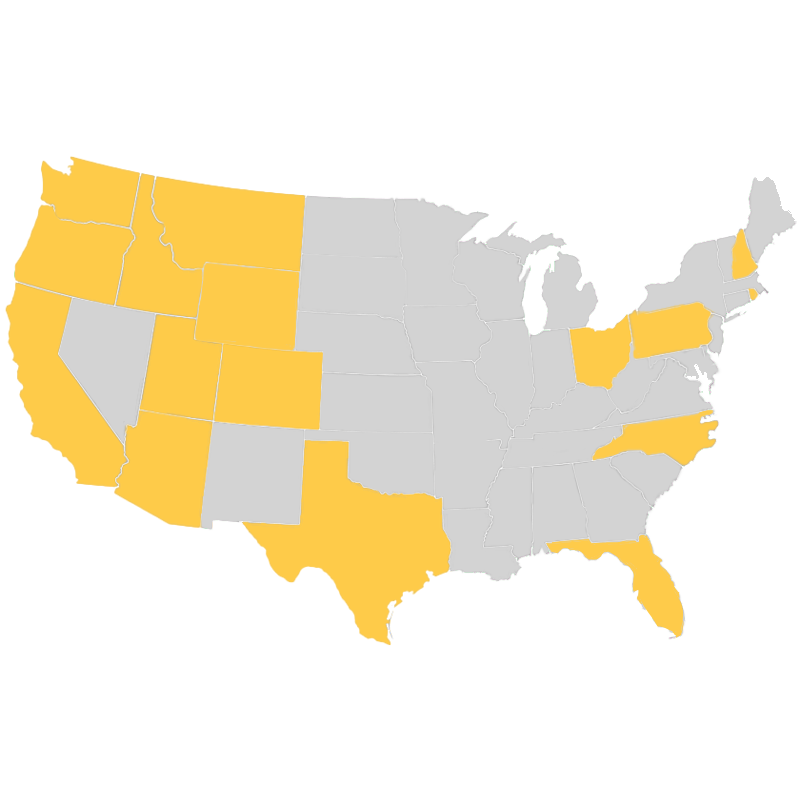Rideshare Insurance
If you drive for a ridesharing company, like Uber or Lyft, you might already know that your personal car insurance policy typically doesn’t cover the “business use” of your vehicle. In other words, if you’re in an accident while you’re on the clock or waiting to receive a ride request, you could end up paying out of pocket for expenses such as vehicle repairs or an injured person’s medical bills.
You should consider getting a rideshare endorsement you can add to your existing personal car insurance policy or even a full ridesharing insurance policy, which combines both personal and business coverage into one auto policy.
Most ride-share companies, or transportation network companies, (TNCs) are required by state law to provide insurance for drivers but if you use your vehicle for both personal and business, you might want to consider additional coverage. It’s easy to add rideshare coverage to your personal auto insurance policy so you’re protected as soon as you start working. A ridesharing endorsement may also help reduce out-of-pocket expenses when it comes to paying a TNC policy’s high deductible.
The Rideshare Gap
If you’ve done your research, you’ve probably heard of the “gap” in coverage when it comes to both your own personal auto insurance and the insurance provided by the rideshare company. Basically, from the moment you turn on the app and are waiting for a passenger, you aren’t covered by either your personal policy or your rideshare company’s insurance. Consider these stages:
- Stage 0: App is off.
You’re covered by your personal car insurance policy.
- Stage 1: App is on and you’re waiting for a ride request.
You’re not covered by your personal auto policy, and you have limited coverage under your rideshare company’s insurance.
- Stage 2: Ride request is accepted and you’re driving to the rider.
You’re covered by your rideshare company’s insurance.
- Stage 3: Rideshare passenger is in the car.
You’re covered by your rideshare company’s insurance.
A ridesharing insurance endorsement may help cover the gap between your personal auto policy’s deductible and the TNC policy’s deductible. So, if your collision coverage deductible is $500, and the TNC’s collision coverage deductible is $1,000, the ridesharing endorsement may help pay the $500 difference.
If you’re considering becoming a full-time rideshare driver make sure to discuss with your TNC its coverage types, limits, and deductibles. Once you know what coverage may be available through your ride-hailing company, you can talk to your insurance provider about filling in any potential coverage gaps.











